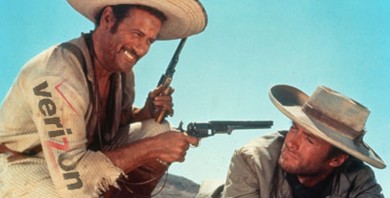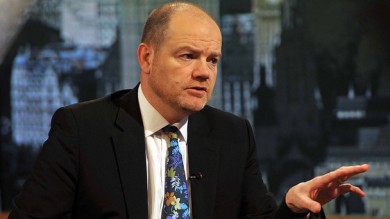What to Pack for a Protest
More than 15,000 journalists have descended on Tampa for the Republican National Convention. Journalists planning to cover political conventions and the associated protests need to be careful about the gear they bring — especially in light of new local laws.







